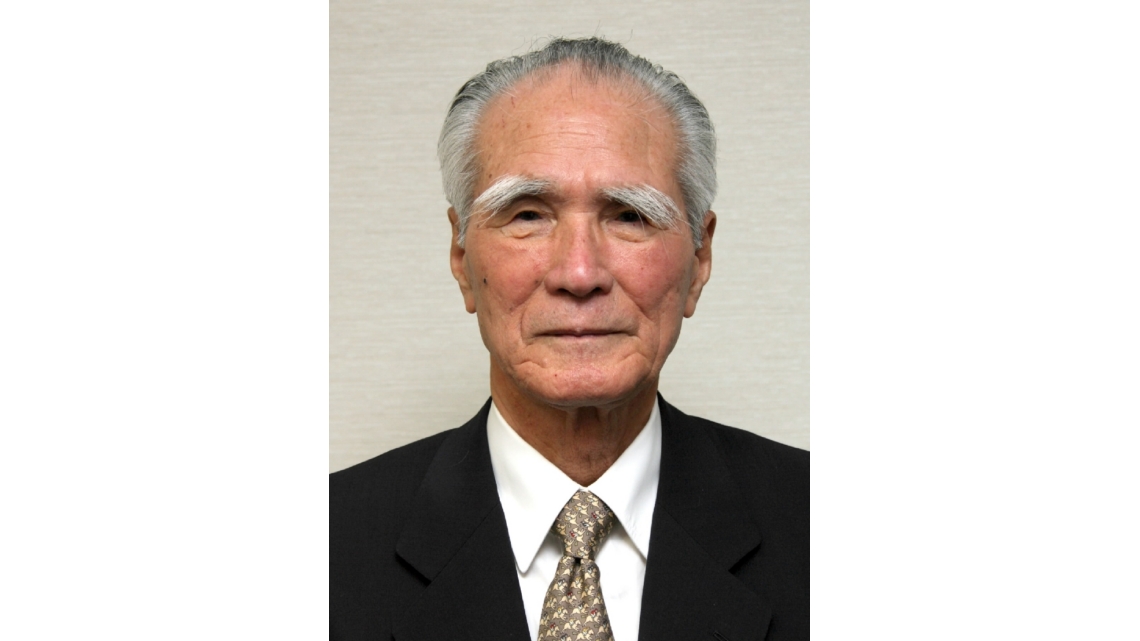Former Japanese Prime Minister Tomiichi Murayama, known for his historic apology for Japan’s wartime atrocities, has passed away at 101. Murayama, who led the country from 1994 to 1996, was widely respected across political lines. Despite being out of office for over two decades, his influence on issues of historical acknowledgement and pacifism endured in Japanese politics.
In Japan, Murayama's death is mourned nationwide. His renowned “Murayama Statement”, where he expressed remorse and apologised for Japan's wartime actions, holds significant weight as these sentiments continue to influence Japanese diplomacy today. In a society that highly respects individuals with commitment to their causes, Murayama's passing has significant emotional resonance.
Similar to the US or EU, respected former leaders' death is a pivotal moment of national reflection. This often involves revisiting their contributions and impacts on their country's policies and international relations. However, unlike in the West, Japanese leaders’ emphasis on apologising for wartime distinctions heavily carries through and reflects on their global image.

